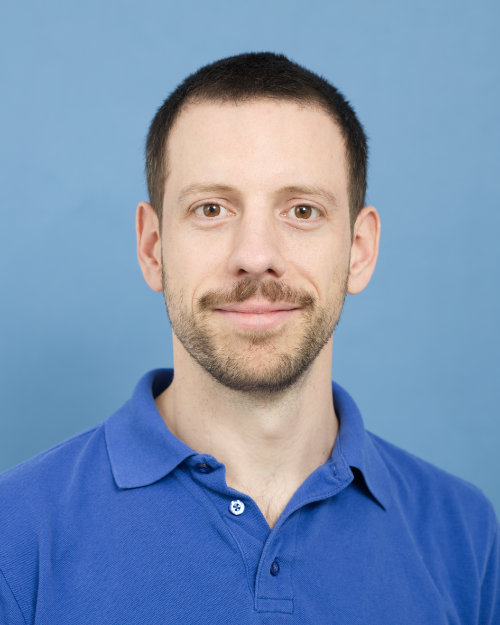Pride & Public Health: How the LGBTQ+ Community Saves Lives
Did you know that some of the most effective public health responses in modern history were led not by governments but by the LGBTQ+ community ? June is Pride Month, a time to celebrate joy, identity, and the hard-earned power the LGBTQ+ community has built in shaping its own health. But that power wasn’t handed over. It was claimed — through grief, activism, and solidarity.
Pride & Public Health: How the LGBTQ+ Community Saves Lives
Did you know that some of the most effective public health responses in modern history were led not by governments but by the LGBTQ+ community ? June is Pride Month, a time to celebrate joy, identity, and the hard-earned power the LGBTQ+ community has built in shaping its own health. But that power wasn’t handed over. It was claimed — through grief, activism, and solidarity.
In the early 1980s, when AIDS began devastating the gay community, public health systems were silent. In the US, President Reagan publicly acknowledged the existence of AIDS in 1985, only after repeatedly being asked about it and a full four years after the syndrome had been identified in the country. Hospitals turned people away. Media coverage, when there, was cruel.
So the community responded the only way it could: by taking care of each other.
The Community Steps Up
Gay men, drag queens, trans people, and lesbians all stepped up. Especially lesbians, who played a crucial and often overlooked role. Many left their jobs to become full-time caregivers. They changed IVs, cooked meals, cleaned apartments, sat by hospital beds, and fought for dignity — when no one else would.
Together, this coalition built grassroots health organizations, demanded research funding, and educated the public about HIV prevention. Groups like ACT UP made health a human rights issue. And they didn’t just push policy — they played a pivotal role in the development and implementation of antiretroviral therapy (ART), a crucial treatment for HIV/AIDS. They pushed for faster drug testing, lowered drug costs, and ensured that people with HIV/AIDS were included in the drug development process. ACT UP's advocacy led to significant advancements in HIV treatment, allowing many individuals to live long, healthy lives with the virus.
PrEP & Pride: How Education Saves Lives
Fast forward to the 2010s, when new tools like PrEP (a pill that prevents HIV transmission) became available. Once again, it was LGBTQ+ communities who led the charge. Activists and educators spread the word online and in clubs, ran peer-led workshops, and fought for access in places where stigma kept it out of reach. PrEP isn’t just a pharmaceutical breakthrough. It’s a community win. It works because people looked out for each other — just like they always have.
And we saw that same spirit again in 2022 during the first major mpox outbreak outside of Central and Western Africa, where it is endemic.
The Mpox Pandemic
When the virus began spreading mainly among gay and bi men, public health officials fumbled the messaging — again. But the community didn’t wait.
Within days, queer creators were posting practical info on social media. Affected gay influencers documented the course of their disease online to educate about the seriousness of the infection. People changed behaviors — not out of panic, but out of care. And just like that, the curve began to bend.
A Legacy of Care
So when we talk about Pride in health, we’re not just talking about progress. We’re talking about resilience. About networks built in crisis. About generations who refused to be ignored, who built systems when none existed.
The LGBTQ+ community has repeatedly shown that the best public health responses are led by the people most affected. That health isn’t just about medicine, it’s about trust, solidarity, and action.
This Pride Month, let’s celebrate that. Let’s celebrate a community that not only survives — but leads.
Happy Pride.
